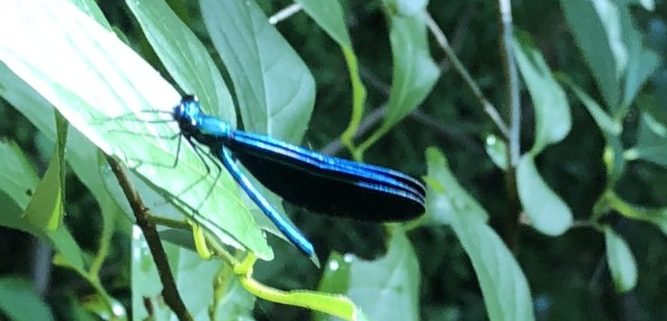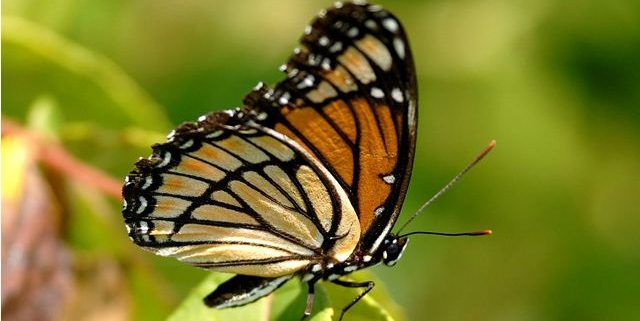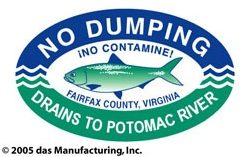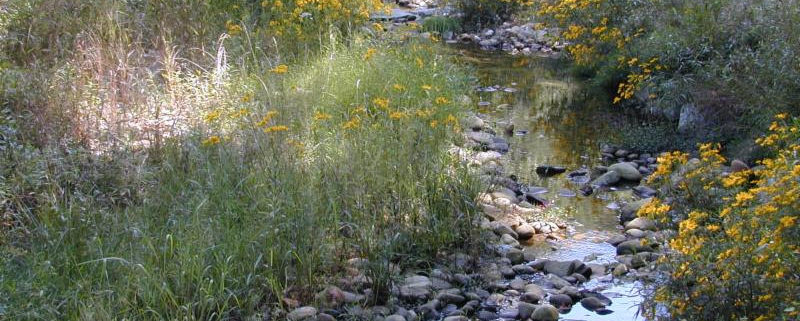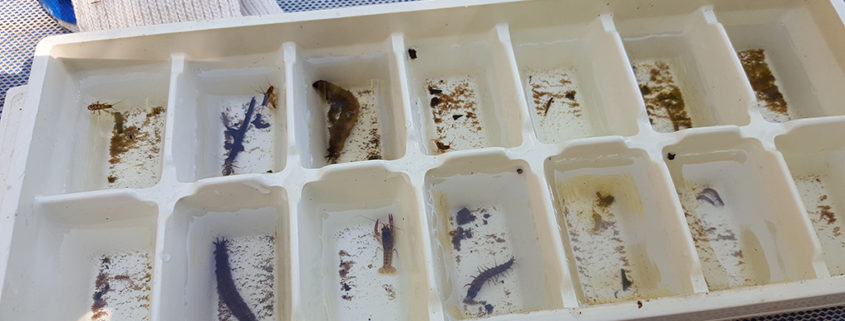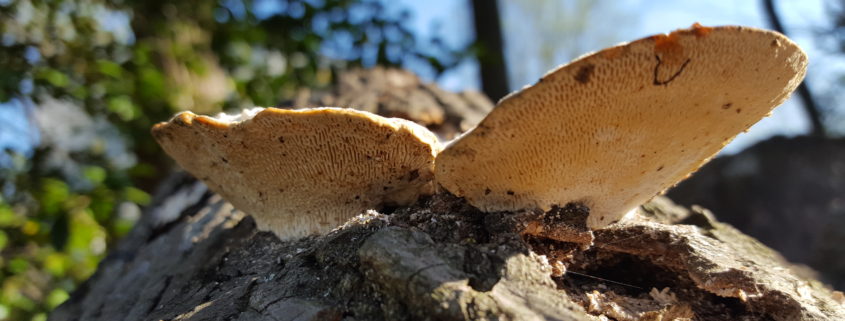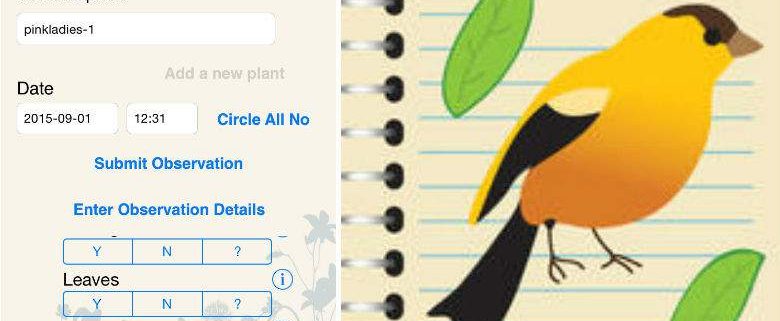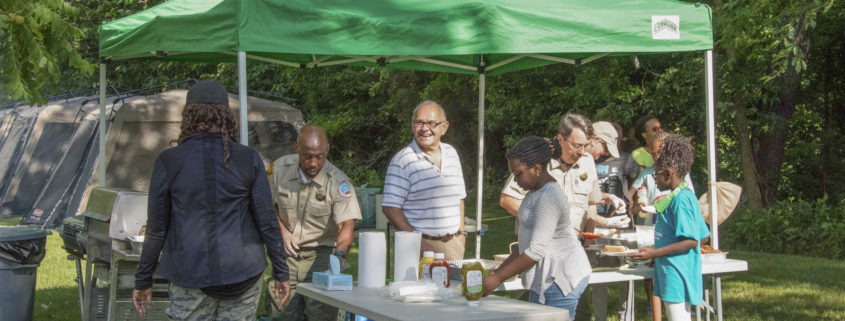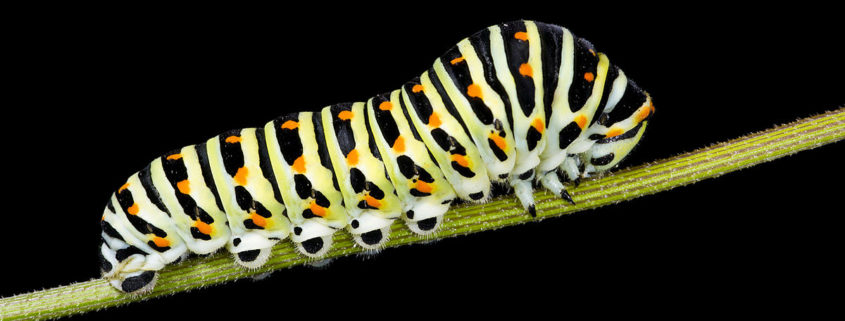Join Dragonfly Workshop at Clifton Institute, 11 August
On Saturday, August 11, 1:00PM-4:00PM, join Dr. Steve Roble, zoologist with the Virginia Division of Natural Heritage, for a program on dragonfly and damselfly biology and identification. Dragonflies are some of the most mysterious and beautiful animals that live at the Clifton Institute. And northern Virginia is a hotspot of dragonfly diversity, with at least 65 species present.
Steve Roble is a leading expert on the dragonflies and damselflies of Virginia. He will present on the fascinating biology of these insects and then we will explore the field station in search of dragonflies. We will visit lakes, streams, and fish-free vernal pools, each of which host distinct dragonfly communities. So far we have observed 34 species of dragonflies and 14 damselflies at Clifton.
Clifton Institute has a project on iNaturalist to host your observations.
Come help us add to the list! To RSVP please email Bert Harris at bharris@cliftoninstitute.org.


